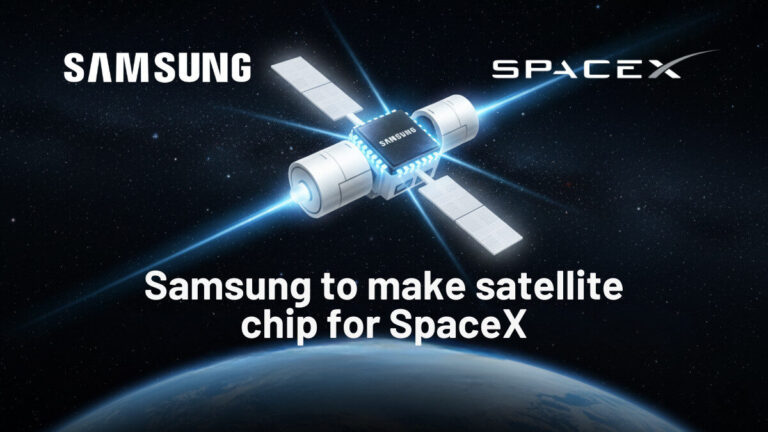A new NASA study has found that space travel may speed up the ageing process in astronauts. Scientists discovered that spending long periods in space can cause changes in the body similar to ageing on Earth — such as weaker bones, muscle loss, and damage to cells.
Researchers compared data from astronauts who spent months aboard the International Space Station (ISS). They noticed changes in DNA, immune function, and the body’s ability to repair itself. These changes were faster than what usually happens during normal ageing.
One of the key reasons is exposure to microgravity and cosmic radiation. Without gravity, bones and muscles weaken because they are not used the same way as on Earth. Radiation from space can damage cells and DNA, leading to early ageing effects.
NASA scientists say the changes often improve once astronauts return to Earth, but some effects may last longer. This finding is important as space agencies prepare for future missions to the Moon and Mars, where astronauts will spend even more time away from Earth.
The research highlights the need to develop better protection for astronauts, such as improved exercise routines, radiation shields, and medical monitoring.
As space travel becomes more common, understanding its impact on human health is crucial. This study gives valuable insights into how living beyond Earth affects the human body.
Summary Table
| Aspect | Details |
|---|---|
| Study by | NASA scientists |
| Key Finding | Space travel speeds up ageing in astronauts |
| Causes | Microgravity, cosmic radiation, DNA and immune system changes |
| Effects | Weaker bones, muscle loss, DNA damage, faster ageing signs |
| Recovery | Some effects reverse after return, others may last longer |
| Why It Matters | Important for future Moon & Mars missions |
| Next Steps | Develop radiation shields, exercise programs, and health monitoring |










